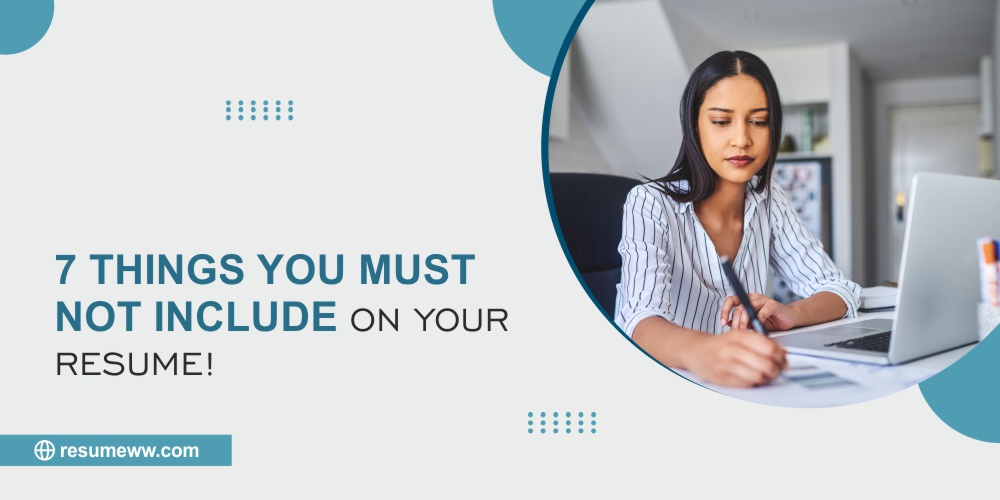7 Things You Must NOT Include On Your Resume!
What should you leave off your resume? If you’re not sure if something on your resume is relevant to the job you’re applying for, leave it off. The following is a list of the 7 worst things to put on a resume.
1. Personal details
It is critical to have your contact information on your CV, but personal information is not required. Age, ethnicity, sexuality, and marital status are all things you should never use when resume writing.
Don’t mention this information because it has nothing to do with your ability to accomplish the job. The interview will be used by the recruiter to get to know you better; your resume’s goal is to get you a first interview.
2. Salary information
This could rule you out of running right away. If a potential employer believes your compensation is too high or too low for the position you’ve applied for, they may dismiss you. By including this information, you stand to benefit nothing.
Wait until the interview stage to bring up money, and make sure you’ve done your homework on the company. If you’re asked for a projected salary before the interview, instead of an actual figure, write ‘competitive’ or ‘negotiable.’
3. References
Unless you specifically request it on a job application, don’t list your recommendations on your CV. Wait until the employer asks for these during or after the interview. The employer does not require your references prior to the interview, so save space on your resume.
Don’t even include the phrase “references available upon request,” as this should be self-evident, and space on your resume is limited. You should not include any space-fillers on your CV.
4. Every job you’ve ever had
What not to add on a resume: Potential employers aren’t interested in a part-time work you did 20 years ago since it’s irrelevant. If you’re writing a professional resume, only include work experience from the last 10-15 years that shows the company that you’re qualified for the position.
You may need to include occupations from that time period that aren’t directly related to the post you’ve applied for to demonstrate that you don’t have any gaps in your career history.
If this is the case, concentrate on a relevant aspect of the task. This is equally true if you have little or no work experience. This is when knowing how to write an entry-level resume comes in handy.
5. Hobbies and interests
Include hobbies and interests only if they are related to the job. A strong candidate should be able to fill a résumé with relevant experience and skills.
What you should not put on your resume: Many people enjoy playing the flute, collecting stamps, or practicing karate, but it’s unlikely to appeal to a prospective employer sifting through a stack of resumes.
6. Outdated qualifications
Is it necessary to mention your high school diploma on your resume? Include your high school diploma only if you haven’t completed it yet, if you are in college, or if it is your best educational achievement. A new strategy is required while writing student resumes.
Remove your high school information from your resume if you have attended college or have greater qualifications.
7. Why you left past jobs
Need more insights on the same? Get in touch with professional resume writers at ResumeWW today!
This information does not demonstrate why you are qualified for a particular position. If an employer is curious, they can inquire during the interview. It may appear as though you are making excuses if you start citing justifications on your CV. This is exactly what you should avoid doing on your CV.
Comments are closed.



